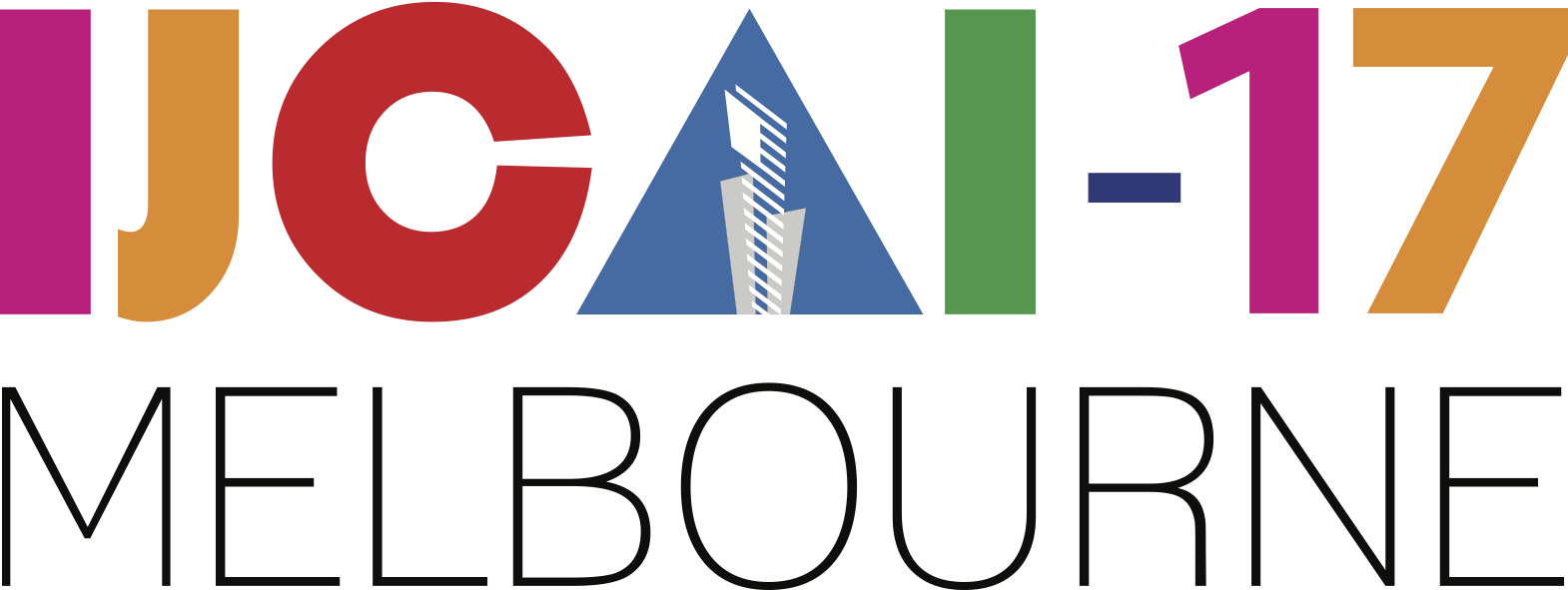IJCAI-2017 Special Track on AI & Autonomy
Call for papers
A special theme of IJCAI-17 is Autonomy. While autonomy has been a focus of interest in the research community for many years, recent developments in the adoption of artificial intelligence and other technologies across many different areas of endeavour have brought new challenges or have made real those that until now had been largely abstract and theoretical. The increasing number of major corporations developing autonomous cars, the use of autonomous vehicles in the sea and in the air, the proliferation of drones for different purposes including military ones, and the availability of personal assistants via the desktop or smartphone are just some examples of the ways in which these challenges are facing us in everyday life. In recognition of this trend, and in support of addressing some of these challenges, this Special Track seeks to foster discussion and debate around the issues brought forward by this new generation of technologies and applications.
We seek papers that address or consider the challenges across multiple different dimensions as follows:
- Technical: What tools, techniques and and models are needed to provide effective technological support for these kinds of autonomous systems? What are the technical implications of ensuring appropriate privacy and security for digital identities in the context of autonomous systems?
- Philosophical: What do philosophical concepts of autonomy offer this emerging reality? Do norms provide a basis for managing autonomous machines?
- Legal: What kind of regulatory regime is needed for autonomous machines, and what implications are there? How might electronic contracts be used in support of this? What are the legal implications of digital identities in relation to privacy and security of user data in the context of autonomous systems?
- Social: How will the prevalence of autonomous machines change our reality? In what way does big data magnify the challenges as well as the possibilities for autonomy? What implications might there be for how people and machines interact? What are the social implications of security and privacy issues in the context of autonomous systems?
IMPORTANT DATES
- Abstract submission: February 16th, 2017
- Paper submission: February 19th, 2017
- Rebuttal Period: March 28-29, 2017
- Notification of acceptance/rejection: April 23, 2017
SUBMISSION DETAILS
- Formatting Guidelines, LaTeX Styles and Word Template can be dowloaded from here.
- Submission Site: http://autonomyatIJCAI17.confmaster.net

